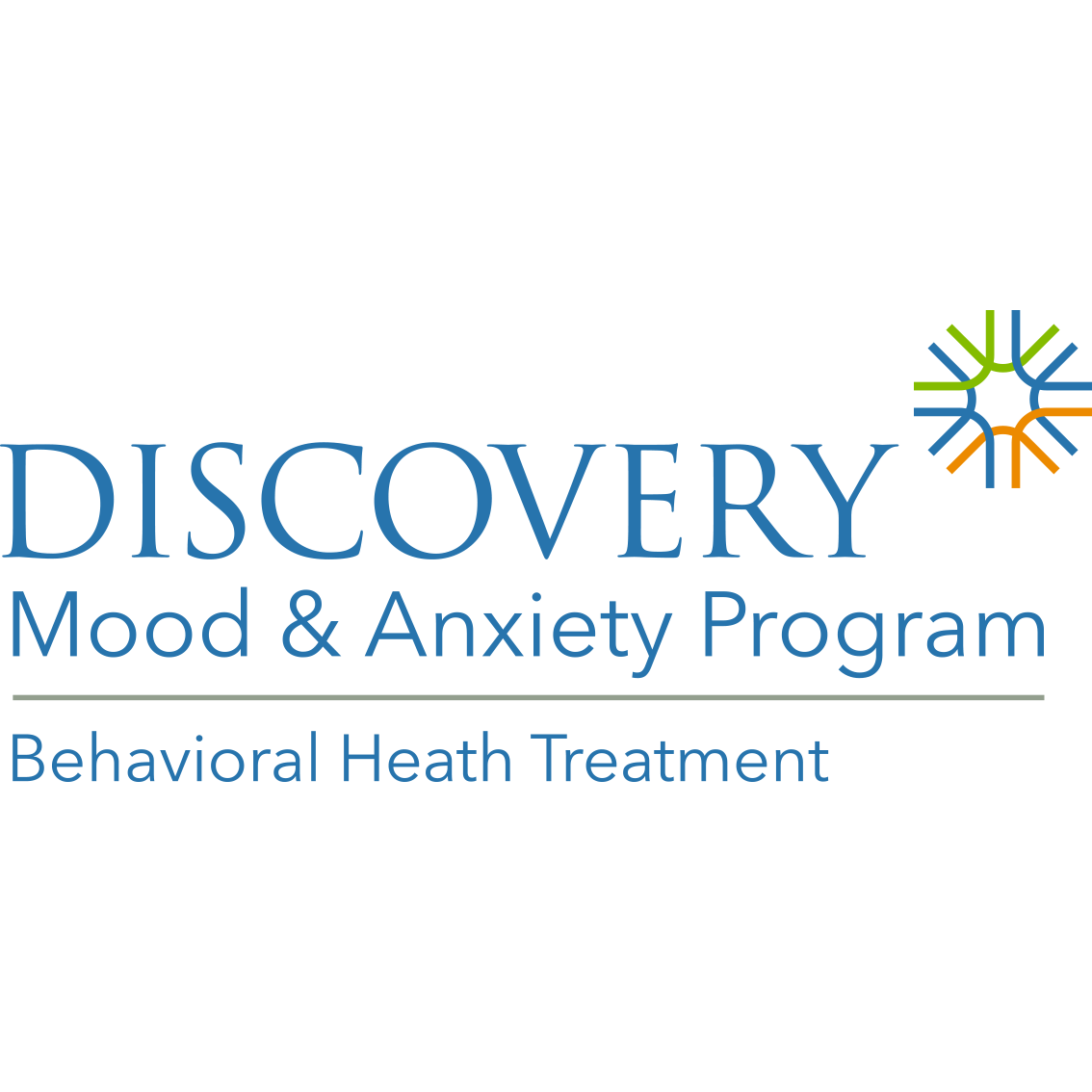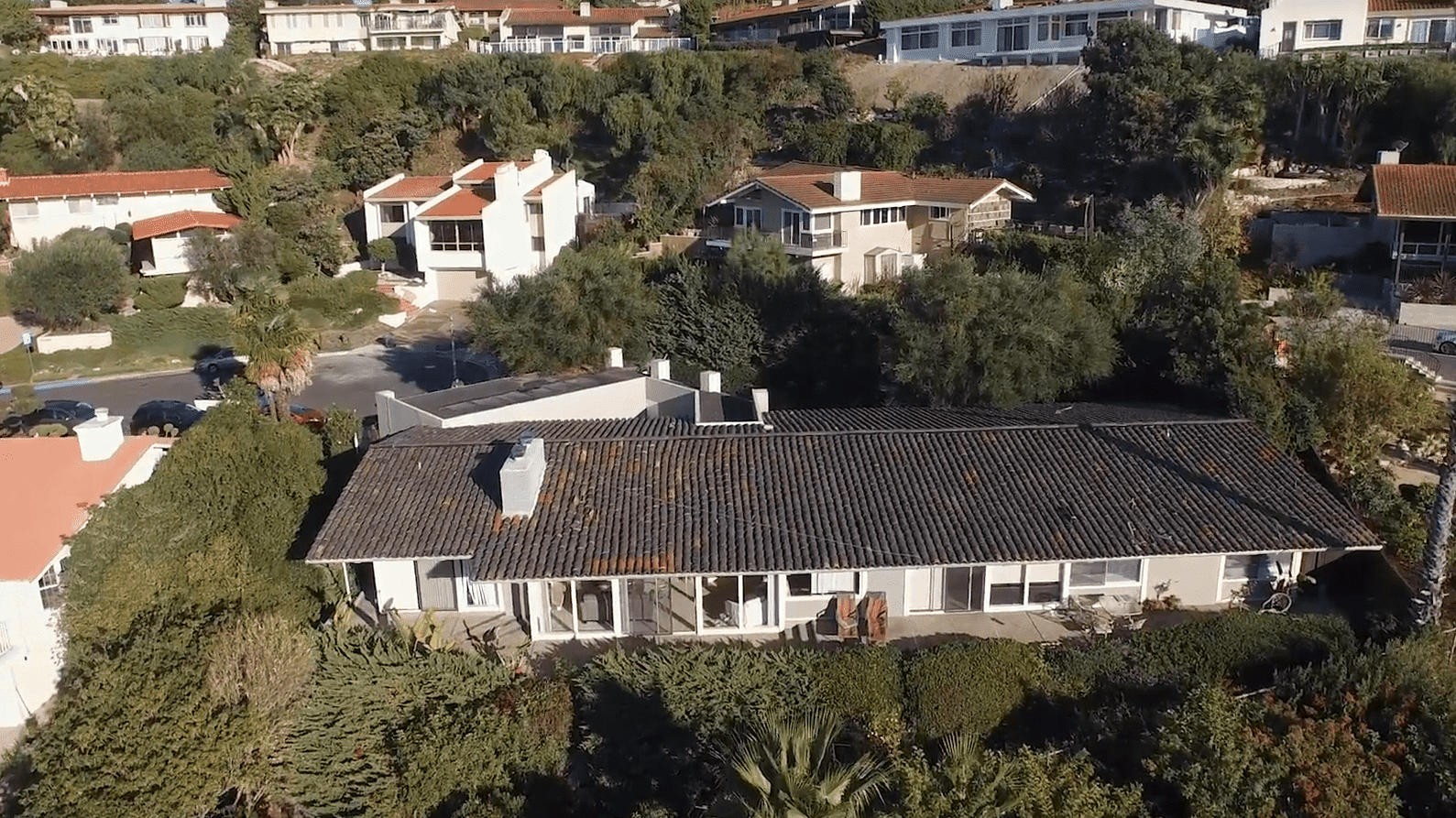Discovery Mood & Anxiety Program - Whittier

Overview
Discovery Mood & Anxiety Program - Whittier is a mental health treatment center for people seeking treatment near Los Angeles County. As part of their treatment modalities for recovery, Discovery Mood & Anxiety Program - Whittier provides cognitive behavioral therapy during treatment. Discovery Mood & Anxiety Program - Whittier is located in Whittier, California, accepting cash or self-payment for treatment.
Discovery Mood & Anxiety Program - Whittier at a Glance
Payment Options
- Cash or self-payment
- Private health insurance
Assessments
- Comprehensive mental health assessment
Age Groups
- Children/adolescents
Operation
- Private for-profit organization
Accreditations
The Joint Commission:

The Joint Commission accreditation for addiction and behavioral health is a prestigious recognition signifying a facility's commitment to delivering high-quality care and safety for individuals dealing with substance abuse and mental health issues. It involves rigorous evaluations and assessments, ensuring patients receive evidence-based treatment and exceptional care. This accreditation demonstrates a facility's dedication to continuous improvement and ethical practices, building trust among patients and healthcare professionals seeking top-tier addiction and behavioral health services.
Treatment At Discovery Mood & Anxiety Program - Whittier

Conditions Treated
Mental health treatment:
Mental health treatment involves a range of therapeutic approaches, provided by licensed professionals, to address mental health challenges. It includes psychotherapy, medication, and holistic practices to help individuals manage conditions, improve coping skills, and enhance overall well-being. The goal is to empower individuals to lead fulfilling lives and reduce the stigma surrounding mental health.

Levels Of Care
Partial Hospitalization Program:
A Partial Hospitalization Program (PHP) is an intensive, structured rehabilitation service designed for individuals exhibiting acute symptoms that demand significant intervention but not continuous 24-hour care. Typically spanning 3-5 days a week and lasting from 1 to 6 months, these sessions run for approximately 6 hours a day, focusing on activities like individual and group therapy. Some PHPs provide residential accommodations for overnight stays, while others are non-residential, allowing participants to go home at the end of the day.
Hospital inpatient treatment:
Inpatient treatment involves an intensive, residential therapeutic program designed to treat serious addictions or other medical conditions. With a typical stay ranging from 30 to 90 days, individuals receive a structured regimen of various therapies including individual and group counseling, behavioral therapies, and family counseling. Under professional supervision, patients immerse themselves in a supportive environment, conducive to addressing underlying issues and promoting long-term recovery.

Treatment Modalities
Cognitive Behavioral Therapy:
Cognitive Behavioral Therapy (CBT) is a therapeutic approach that emphasizes the interconnectedness of thoughts, emotions, and actions. It promotes healthy reactions to thoughts and emotions, steering individuals away from harmful responses such as substance abuse. Proven effective for various addiction recoveries, CBT enhances an individual's self-awareness and self-control. Through CBT, individuals learn to better gauge their emotional well-being, communicate more effectively, and handle stress without resorting to drugs or alcohol.
Dialectical Behavior Therapy:
Dialectical Behavior Therapy (DBT) is a cognitive-behavioral approach specifically designed to help individuals regulate emotions, enhance interpersonal effectiveness, develop distress tolerance, and increase mindfulness. In addiction treatment, DBT equips individuals with practical skills to manage triggers, cope with stressors, and build a life worth living without resorting to substance use. By addressing both the emotional and behavioral challenges of addiction, DBT fosters personal growth and long-term recovery.
Eye Movement Desensitization and Reprocessing therapy:
EMDR is a therapy method initially designed to address trauma. During an EMDR session, patients engage in eye movements reminiscent of REM sleep, either by following a therapist's moving finger or tracking a light bar. These repetitive eye movements aim to aid the brain in reprocessing memories, potentially diminishing the severity of traumatic recollections. As a result, related memories may also heal, leading patients to feel notably more at ease, balanced, and emotionally composed.
Motivational Interviewing:
Motivational Interviewing (MI) is a clinical approach to helping people with substance abuse issues and other conditions shift behavior in positive ways. It is more goal-oriented than traditional psychotherapy, as MI counselors directly attempt to get clients to consider making behavioral change (rather than wait for them to come to conclusions themselves). Its primary purpose is to resolve ambivalence and help clients become able to make healthy choices freely.
Experiential Therapy:
Experiential Therapy is a therapeutic approach that encourages individuals to identify and address hidden or subconscious issues through activities, actions, and direct experiences. Unlike traditional talk therapy, this method involves engaging in activities, role-playing, and other interactive techniques to garner emotional expression and self-discovery. By placing individuals in relevant situations, therapists can observe their behaviors and emotions in real-time, allowing for immediate feedback and insight. Through this interactive process, individuals can better understand their feelings and behaviors, develop coping mechanisms, and work towards resolving personal conflicts.
Creative Arts Therapy:
Creative Arts Therapy is a therapeutic approach that integrates various forms of artistic expression—including visual arts, dance, music, drama, and poetry—to promote emotional, mental, and physical healing and well-being. By fostering self-expression, reflection, and communication in a safe environment, it helps individuals explore their emotions, improve self-awareness, and develop coping skills. Suitable for people of all ages, Creative Arts Therapy is tailored to the unique needs of each individual and is often used in conjunction with other therapeutic methods.
Fitness Therapy:
Fitness therapy in addiction treatment integrates physical activity with traditional therapeutic practices to support recovery. It recognizes the profound connection between the mind and body, harnessing exercise's physiological and psychological benefits to enhance mental well-being, reduce cravings, and promote overall health. Incorporating routines such as yoga, strength training, and aerobic exercises, fitness therapy offers a holistic approach that aids in building resilience, reducing stress, and fostering a positive self-image – essential components for a sustained recovery journey.
Equine Therapy:
Equine Therapy, also known as Horse Therapy or Equine-Assisted Therapy, encompasses various treatments involving activities with horses to promote physical, emotional, and mental growth in individuals with multiple conditions. By interacting with horses, individuals can develop a range of skills, such as self-awareness, self-efficacy, and emotional regulation, along with improving communication and socialization skills. This therapeutic approach is utilized to assist individuals facing mental health issues, developmental disorders, or physical disabilities under the guidance of a professional therapist and an equine specialist.
Group counseling:
Group Counseling is a therapeutic approach where individuals come together under the guidance of a trained counselor to share experiences, provide mutual support, and gain insights. It fosters a sense of community, promotes understanding through diverse perspectives, and offers personal growth and problem-solving strategies.
Ancillary Services
Special Programs
- Persons 18 and older with serious mental illness (SMI)

Additional Locations
Contact Information
DISCLAIMER: The facility name, logo and brand are the property and registered trademarks of Discovery Mood & Anxiety Program - Whittier, and are being used for identification and informational purposes only. Use of these names, logos and brands shall not imply endorsement. BetterAddictionCare.com is not affiliated with or sponsored by Discovery Mood & Anxiety Program - Whittier.



